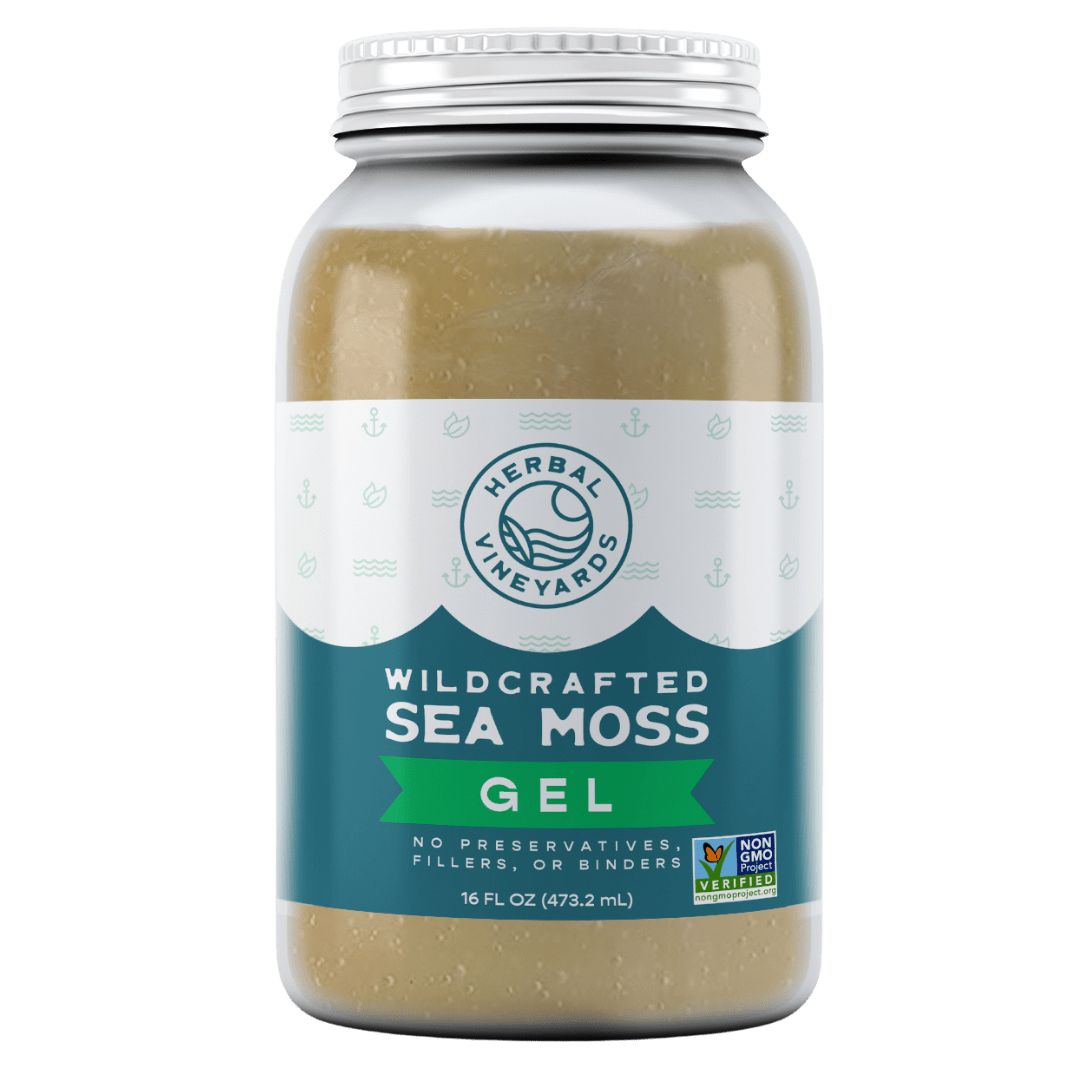Want to Lose Weight? Fucoxanthin in Sea Moss Supplement is the "It" Thing!
Fucoxanthin is isolated from brown seaweeds and contains an allenic carotenoid. Studies in the last few years have revealed that Fucoxanthin has a wide range of physiological and biological properties, for example the ability to fight obesity, cancer, and diabetes, as an antioxidative, anti-inflammatory and hepatoprotective agent. Additionaly, it can be used as a medicinal and nutritional supplement to cure or prevent chronic diseases. Obesity and weight control are critical public health issues, and the development of safe anti-obesity drugs is urgently needed. According to many lines of research, Fucoxanthin appears to have excellent potential for combating obesity. Therefore, we can say that in addition to all these benefits, Fucoxanthin has a fantastic role in weight loss.
Anti-obesity effect of Fucoxanthin
According to World Health Organization (WHO), overweight and obesity is an abnormal or excessive fat accumulation in the body. It is a long-term metabolic disease caused by various factors, including genetic and environmental influences.
- According to many lines of research, Fucoxanthin appears to have excellent potential for combating obesity. But many factors, including nutrition, hormones, and new gross energy elements, influence Fucoxanthin's anti-obesity activity mechanism.
- Fucoxanthin significantly reduced Triglyceride and cholesterol concentrations, faecal Triglyceride and cholesterol, and cholesterol-regulating enzyme activities such as 3-hydroxy-3-methylglutaryl coenzyme A reductase and acyl coenzyme.
Increased burning of fat metabolism by Fucoxanthin
Fucoxanthin works in a way that prevents the body from absorbing fat during digestion. Fucoxanthin extracted from Undaria Pinnatifida was fed to mice in specific studies, and the results showed that this has a potential role in weight loss. It has also been compared to the body's metabolism speeding up, increasing the body's ability to burn fat. According to the study, Fucoxanthinol was found to be formed in human intestinal cells. In addition to a decreased tendency for mice to gain weight, the mice in these studies also showed a reduced percentage of tumour-bearing cells.
- Fucoxanthin can influence the expression of genes associated with lipid metabolism, thereby reducing the amount of potentially harmful lipids.
Fucoxanthin - Anti-Oxidation Activity
Fucoxanthin can potentially reduce hepatic lipid droplet accumulation by inhibiting phosphatidyl phosphohydrolase and increasing -oxidation activity in the liver.
- Fucoxanthin was found to have anti-obesity properties by increasing the expression of the uncoupling protein 1 (UCP1) in white adipose tissue, according to numerous studies (WAT). It was also studied that Fucoxanthin was linked to weight loss. For obese women, taking 300 mg of pomegranate seed oil and brown seaweed extract containing 2.4 mg of Fucoxanthin over 16 days resulted in significant weight loss and decreased liver fat content.
- To control fatty acid synthesis, Fucoxanthin increases AMP-activated protein kinase (AMPK) phosphorylation and decreases the action of acetyl-CoA carboxylase by a substantial margin. As a result, PPARs and sterol regulatory element-binding protein 1c, as well as other adipogenic transcription factors, can be suppressed by this compound, reducing liver cell lipid accumulation.
Check out our range of Sea Moss supplements here.
References
Zhang, H., Tang, Y., Zhang, Y., Zhang, S., Qu, J., Wang, X., Kong, R., Han, C., & Liu, Z. (2015). Fucoxanthin: A Promising Medicinal and Nutritional Ingredient. Evidence-Based Complementary and Alternative Medicine, 2015. https://doi.org/10.1155/2015/723515
Hu, X., Li, Y., Li, C., Fu, Y., Cai, F., Chen, Q., & Li, D. (2012). Combination of Fucoxanthin and conjugated linoleic acid attenuates body weight gain and improves lipid metabolism in high-fat diet-induced obese rats. Archives of Biochemistry and Biophysics, 519(1), 59–65. https://doi.org/10.1016/J.ABB.2012.01.011.
Xiao, H., Zhao, J., Fang, C., Cao, Q., Xing, M., Li, X., Hou, J., Ji, A., & Song, S. (2020). Advances in Studies on the Pharmacological Activities of Fucoxanthin. Marine Drugs 2020, Vol. 18, Page 634, 18(12), 634. https://doi.org/10.3390/MD18120634
Chang, Y. H., Chen, Y. L., Huang, W. C., & Liou, C. J. (2018). Fucoxanthin attenuates fatty acid-induced lipid accumulation in FL83B hepatocytes through regulated Sirt1/AMPK signaling pathway. Biochemical and Biophysical Research Communications, 495(1), 197–203. https://doi.org/10.1016/J.BBRC.2017.11.022
Shop Our Sea Moss Products:
https://herbalvineyards.com/collections/all





